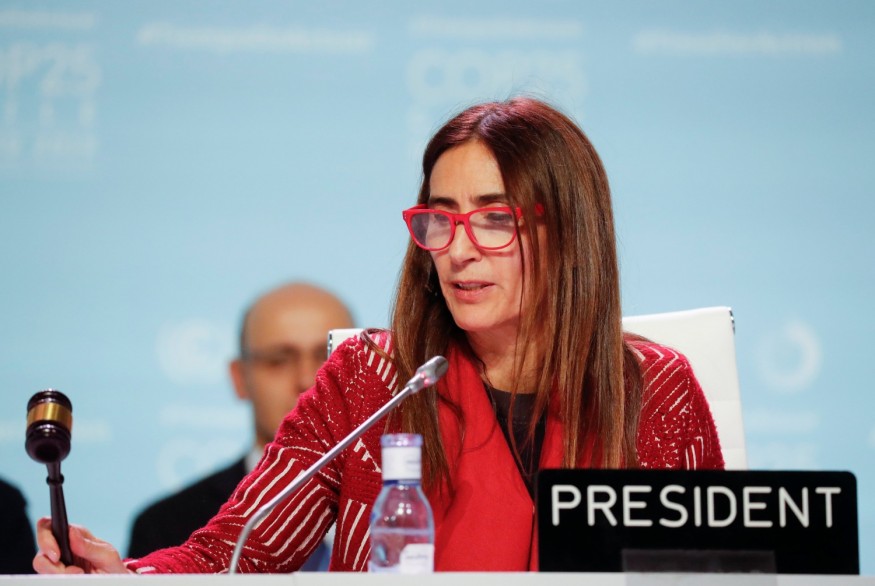
The two-week long climate talk in Madrid, Spain has ended empty-handed as delegates have yet to come with an agreement on more ambitious emissions cut tactics that climate change experts have asked about.
Five years later since the 2015 agreement in Paris, which aims to limit the average global temperature rise to 2 degrees Celsius, a few countries attended the annual meeting with a hope of updating the goals. These are mostly the less developed countries and members of European Union.
However, although the "ambitious coalition" have partially succeeded in making the members recommit on the global climate action plans, no major breakthroughs -- not even willingness to cooperate -- were observed at the forum known as COP25.
Instead of discussing more aggressive actions, narrower technical issues were prioritized, specifically the "global carbon market" -- which involves countries selling their excess carbon emissions allowance to other countries who have exceeded the limit.
The Carbon Market
The carbon market was introduced in 1997 Kyoto Protocol, as a way of directing financial investment towards poorer countries who cannot afford clean technologies. It is currently listed under Article 6 of the agreement.
Delegates of Brazil, the home of the largest forest reserves Amazon, has insisted that the carbon sinks--or the carbon absorbed by the forest--should also be included in computing the emissions. They also added that carbon sinks should also be allowed on carbon trading.
The said proposal has sparked argument, with other countries calling it a double counting.
Australia, on the other hand, was accused of cheating for trying to carryover the excess carbon credits from the expiring 1997 Kyoto Protocol to the current agreement in order to reduce its carbon cut target. If this is allowed, the goal of Australia will be reduced by a minimum of 26 percent.
Analysts said that it has no legal basis as the 2015 Paris Pledge is a different agreement. Additionally, the San Jose Principles, proposed by a group of nations led by Costa Rica, also prohibits the carryover tactics.
Stalling the Progress
Multiple richer nations such as Australia, Brazil and the United States were accused of trying to block the progress.
Former Australian climate diplomat Richie Merzian called out the leaders of the mentions countries for being "unmoved" despite the major wildfires that occurred in their countries. It is noted that the major fire in Amazon, October fire crisis in California and the on-going bushfire disaster in New South Wales all happened this year.
Australia just played a major role in sinking global climate policy negotiations, because it wanted to cut its target in half using a loophole.
For next time someone tells you Aus has no impact on the climate. #COP25 https://t.co/ZMxW8Yf9DQ — Ketan Joshi (@KetanJ0) December 15, 2019
Since the less developed countries experience the effects of climate change the most, they have expected to receive financial assistance from richer nations, which was unfulfilled. The US was blamed for not agreeing to the demand known as Warsaw International Mechanism (WIM).
In defense, the US government said that their country is the most philanthropic countries, and WIM should have been a "constructive space" to speed up actions. They also added that the blame game is not helping anyone.
In 2017, US President Donald Trump announced the country's withdrawal to the Paris agreement, which will be finalized next year.
At the end of the talk, nothing much was achieved. Instead, it will be discussed on the 2020 meeting which will be held at Glasgow in Scotland.
© 2025 NatureWorldNews.com All rights reserved. Do not reproduce without permission.





